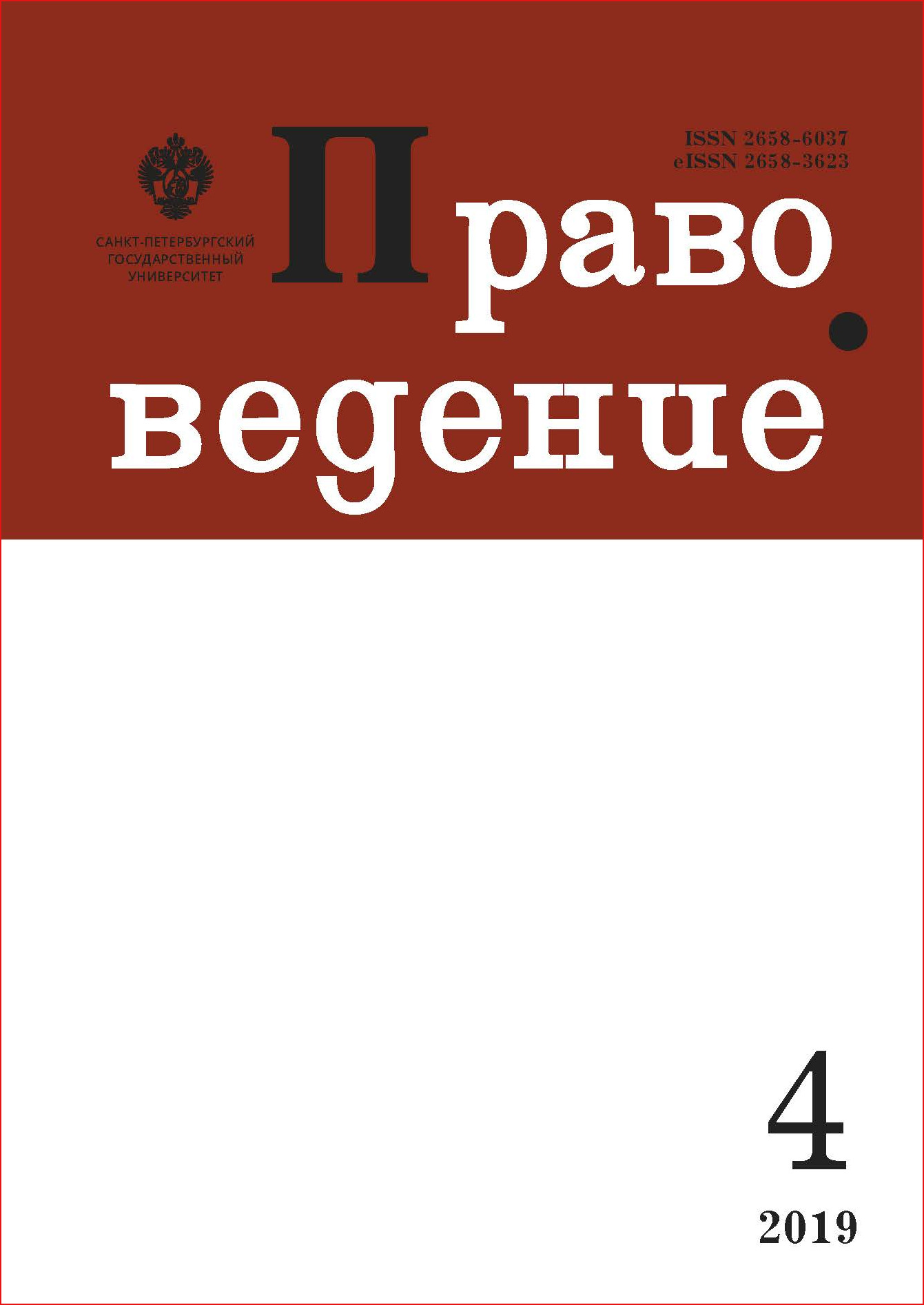Digital economy and antitrust law: The unity and conflict of opposites
DOI:
https://doi.org/10.21638/spbu25.2019.401Abstract
The digital economy has become a new milestone in human development, but along with the benefits of digitalization and globalization of the world economy it has brought an unprecedented increase in the concentration of market power in the hands of a small group of digital monopolies and a rapid increase in global inequality, which creates systemic imbalances in the development of society. According to a number of experts, a likely consequence of such imbalances in development may be long-term instability that already entails fundamental risks for the existence of the capitalist system. Antitrust law has already played a positive role in overcoming such challenges in the development of the capitalist system during the technological transformations of the late 19th century and the first half of the 20th century. It has allowed the USA and a number of other Western countries to go through the last great industrial revolution in a less painful way than those countries, including Russia, which experienced a dismantling of the capitalist system and were unable to withstand the pressures of accelerated development. This article analyzes the reasons that prevented antitrust law from playing a similar balancing role during the ongoing industrial revolution and proposes possible measures to improve mechanisms of antitrust regulation of the digital economy. Among the most promising avenues for creating effective checks and balances on the growing market power of global digital platforms are the emerging formats for antitrust cooperation within the framework of regional associations of developing countries, primarily on the BRICS platform. Cooperation between the BRICS countries in the sphere of competition law and policy may also become a serious factor for the formation of a global antitrust regime, which does not currently exist. Moreover, given the positioning of the BRICS countries in the world system, such cooperation allows for the creation of a global competition law that would promote a wider dissemination of knowledge and advanced technologies and help remove barriers to global innovation flows that are now set by global technological monopolies. Cooperation in this sphere would have a positive impact on reducing global inequalities.
Keywords:
globalization, digital economy, monopolization, digital platforms and ecosystems, inequality, global competition law and policy, BRICS., globalization, digital economy, monopolization, digital platforms and ecosystems, inequality, global competition law and policy, BRICS
Downloads
References
Downloads
Published
How to Cite
Issue
Section
License
Articles of "Pravovedenie" are open access distributed under the terms of the License Agreement with Saint Petersburg State University, which permits to the authors unrestricted distribution and self-archiving free of charge.




